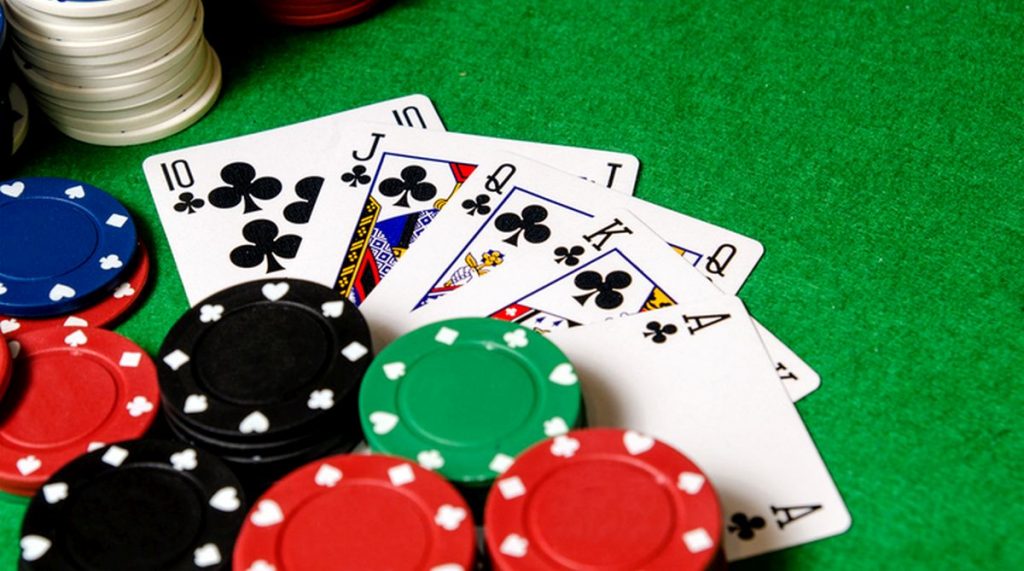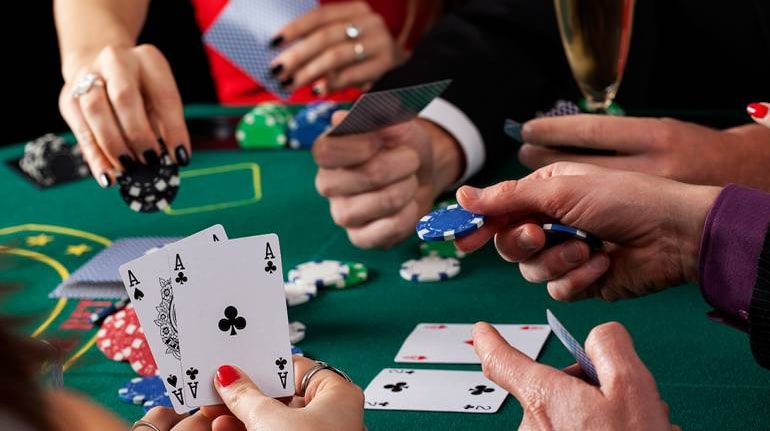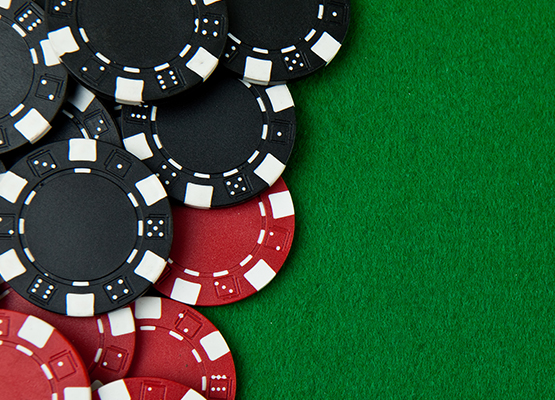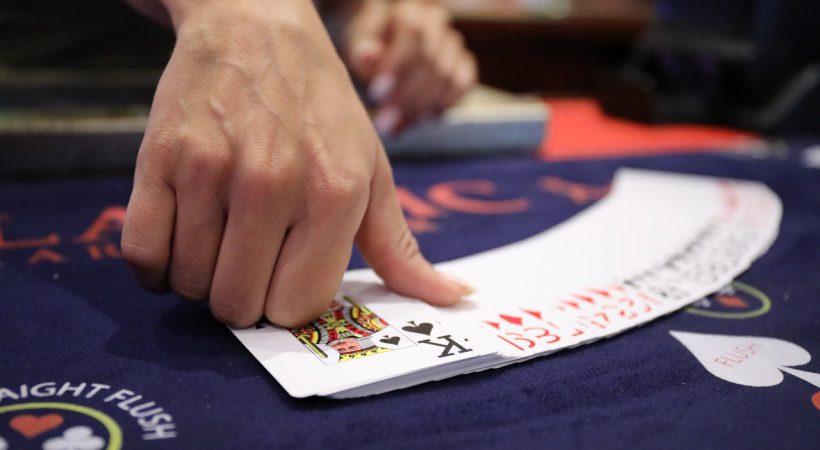All professionals once were also quite inexperienced.
Basics that you must apply in your game to become a strong player and to succeed.
Sometimes it is difficult for a novice player to understand all the information about poker, which today can be found in the expanses of the Internet. And you just want to find clear, simple, specific tips written in clear language and applicable in real life.
The right start in poker is very important. It is during this period, you will form poker habits and skills, which will be necessary in the future. If you develop the wrong habits in your game. It will be very difficult for you to get rid of them in the future, and they will seriously harm your results on the course. Therefore, in this article we will discuss basic tips for beginners, which will help to organize the right start to a poker career.
Play a small number of hands

For beginners in poker, it is very important to learn to play secretly. That is, you need to play only relatively strong starting hands. What do I mean by “relatively strong hands”?
Here is the basic rule that will help you play cache games for 6 and 9 players:
- 6max – top 20% of the starting hands
- 9max – top-15% of starting hands
In order to make it easier for you to understand what are the ranges of 20% and 15% of the starting hands, I will give you an approximate chart here.
That is, in practice, it means that you have to fold 80-85% of the starting hands that you get at the beginning of distribution. This may seem unrealistic, but listen to this advice.
There is a reason why poker beginners are better off keeping a strong secret in the game. If you start playing immediately with a wider range, you will more often find yourself in difficult situations and will have to make difficult decisions. You will be able to get into a situation when you get into a top pair or even a flash, and your opponent will have an older kicker or flash drive.
So accept the fact that at the beginning of your poker career you will have to fold, and do it very often.
Be aggressive with the hands that you are playing

So, you know an approximate range of starting hands that you are recommended to cast. So how exactly do you need to cast them? The only answer is aggressive.
This means that it is desirable for you to enter the distribution of the races. If you are the first player to enter the distribution after the blinds, do not make a limp, make a raid. I would recommend you to make a 3 BB raid online. And in live poker you can put even more.
Do not let yourself play passively, an aggressive game will help you immediately take control of the distribution in your hands. And then on the flop you will be able to continue your aggression (put a contrabet), and very often you will win the bank without further struggle.
Play against weak poker players

There is the most important key to success in the poker world – look for weaker players and play with them as many distributions as possible. It is often possible to hear phrases like “sweet table”, “profitable game. It means. That there are many weaker players at the table – chips or recreational players, as they are called. These are players who play much more than 20% of the starting hands, some play with “any two”. They also often enter the game with a limp and play post-flop passively.
In poker it is against such opponents you will get the maximum profit, because they constantly make big mistakes. Against experienced mystery rivals you, on the contrary, will receive a profit is much more difficult, because they play thoughtfully and are mistaken much less often.
Therefore it is very important to learn how to search and notice recreational players, and then take advantage of their weaknesses. And this will be helped by Table Selection, which is an essential skill for any poker professional.
Do not get carried away with bluffing
A very important point when playing against weak players is not to bluff in them often. And there is an obvious reason for that – these players love to call, and will often open your bluff even with very weak hands.
If you’ve raided a preflop, you can make a contrabet very often on the flop, and that won’t be a mistake. But if your bet has been collided, you need to be able to stop in time.
You shouldn’t blindly put barrels on the thorn and river, especially if you have nothing at all. Many players spend a lot of money trying to bluff the weaker players. It is very important to have discipline and learn how to just play the check or fudge at all, when you have nothing at all, and you are opposed by the autocolller. So you will lose a lot less and you can win in another hand.
Often put the valleybet

Excellent quality poker – for each yin there is a yang. In other words, there is a plus for every minus. And if weak players are so fond of collating and so it’s almost impossible to bluff against them, there’s a plus – you can always put the valleybet, and they will collate them.
If you are opposed to a recreational player whose favorite action is to call, don’t be afraid to go too far with the valleybet. Often, he will call you by the younger pair and even by the ace-hai. So if you have a top pair or even a middle pair with a strong kicker, it’s time for your volleybet.
Such players will be a great source of profit for you, and this is the main reason why you have to play a lot against weak players. Fishes will play very wide ranges and will gladly pay you for your frequent volleybettes.
Play exclusively as part of your bankroll

This is one of the basic tips for beginners – to play on your bankroll. What is a bankroll, you may ask? It is the total amount of money that you have allocated exclusively for poker. This applies both offline and online.
Personally, I suggest you have at least 20 buy-ins for the game you prefer to play, which means that if you play a $50 buy-in, you should have at least $1,000 at your disposal for your bankroll. There is an obvious reason for this – poker is characterized by the Austrians and Downstrians (so-called swings). There is even a technical term that characterizes the volatility of poker – dispersion. Sometimes you can lose 5 buy-ins in one session.
If your bankroll consisted of only five buy-ins, you would lose all in one session and could not afford to continue the game. This is a common mistake of beginner players to take risks, enter a more expensive game than their bankroll allows and lose everything.

